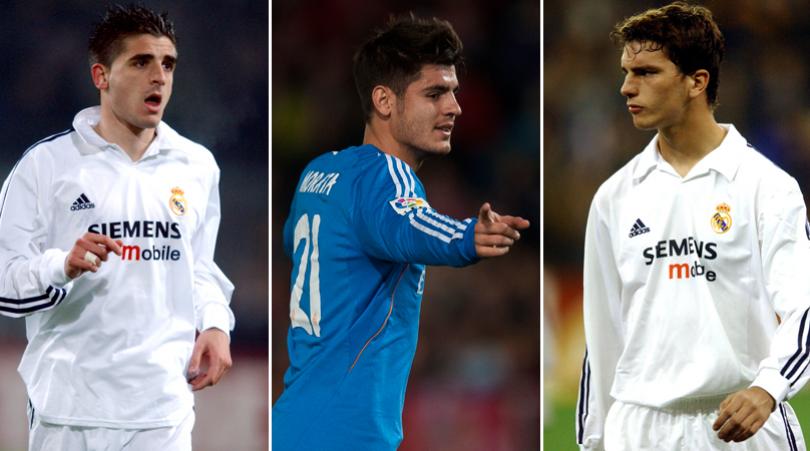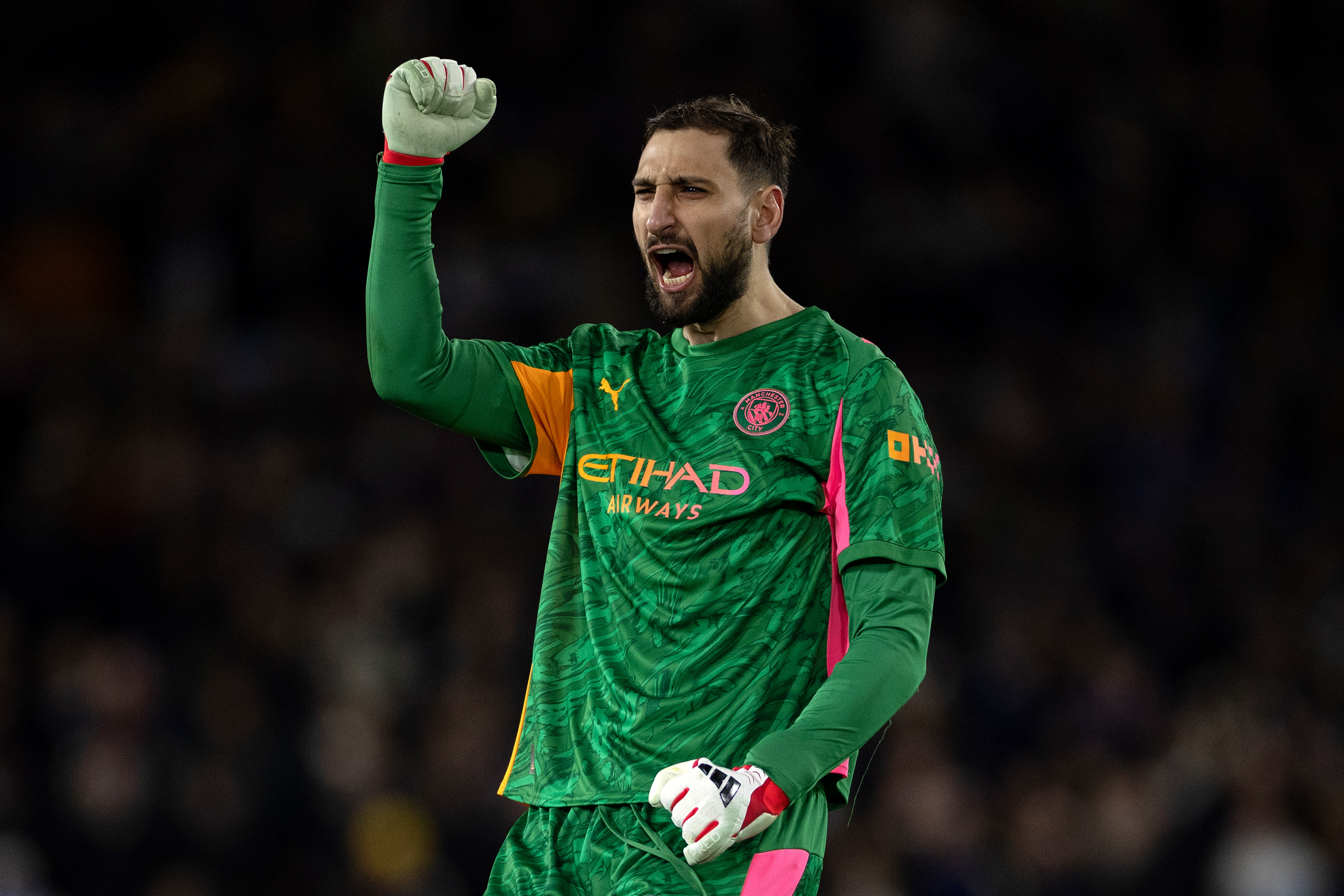The Casemiro conundrum: how much should Real Madrid value grit over quality?
He may not be as glamorous as some of his superstar team-mates, but Thore Haugstad explains why the defensive midfielder will be vital at the Camp Nou...
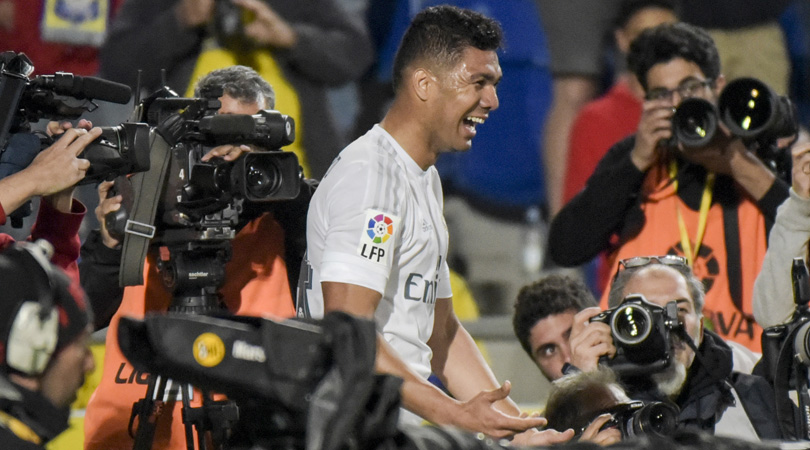
The best features, fun and footballing quizzes, straight to your inbox every week.
You are now subscribed
Your newsletter sign-up was successful
Want to add more newsletters?
Join the club
Get full access to premium articles, exclusive features and a growing list of member rewards.
When Florentino Pérez takes his seat at the Camp Nou on Saturday, the Real Madrid line-up will in all likelihood feature a player somewhat unsuited to his Galáctico vision.
Casemiro was signed on loan from São Paulo in January 2013 and made his transfer permanent the next summer. A silky player? Not quite. Expensive? He cost €6 million. A world beater? Well, put it this way: when Brazil picked their squad for the recent World Cup qualifiers, he was overlooked.
Given such facts it might seem strange that Casemiro is being discussed as the key figure for the upcoming Clásico. Ostensibly it makes little sense that such a player should be crucial for the most expensive team in the world, particularly as using him on a regular basis was never really part of the plan: Madrid sent Casemiro off on a one-year loan to Porto in 2014, with the Portuguese club able to buy him for €15m – a tidy profit from Madrid's point of view.
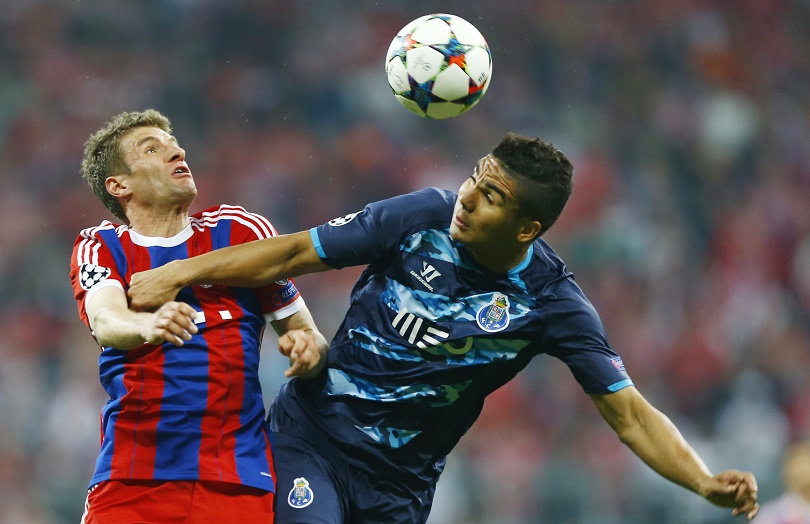
But then Rafa Benítez came along and demanded that the defensive midfielder be brought back. That was the first indication of the differences between Pérez, who envisions a team full of technicians playing beautiful football, and Benítez, more aware of the boring truth that successful teams tend to include defensive players.
In a complex deal, Madrid cancelled Porto’s bid for Casemiro with a counter-offer. Effectively, Pérez paid €7.5m to sign his own player.
The right balance
He started in draws at Atlético Madrid and Paris Saint-Germain, and in defeats at Sevilla and Villarreal. Benítez was criticised for being too defensive, but his inclusion made sense: Madrid needed Casemiro against tough opposition
It wasn't hard to understand Benítez, who had inherited a squad of attacking midfielders shoehorned into more defensive roles under Carlo Ancelotti.
The best features, fun and footballing quizzes, straight to your inbox every week.
Given his attention to balance and stability, the current Newcastle boss was always likely to involve his only specialist ball-winner, with the Brazilian featuring in 12 of the 18 league games up until January. He started in draws at Atlético Madrid and Paris Saint-Germain, and in defeats at Sevilla and Villarreal. Benítez was criticised for being too defensive, but his inclusion made sense: Madrid needed Casemiro against tough opposition.
As it happened, the strongest argument for Benítez’s stance came not when he played Casemiro, but when he didn’t. In the Clásico at the Santiago Bernabéu in November, the former Liverpool manager started Toni Kroos and Luka Modrić behind Cristiano Ronaldo, Karim Benzema, Gareth Bale and James Rodríguez.

Barça make the most of space in Madrid's midfield
That selection led to a disjointed display in which Barcelona exploited vast gaps in midfield to win 4-0. It was shocking that it was allowed to happen under Benítez, a disciple of Arrigo Sacchi whose strategy is based on a sound defensive structure and whose favourite word is ‘compact’. In the aftermath, some wondered if it had been his line-up at all.
If the disaster was bad for Benítez, it also exemplified the imbalances in the squad. After what turned out to be his last game in charge, at Valencia, Benítez described the attacking disposition of the team as a problem. He had a point and, in hindsight, it looks even more impressive that Ancelotti managed to build a coherent system with the same players, such as the 4-4-2 deployed for large stints of the 22-match winning streak in late 2014.
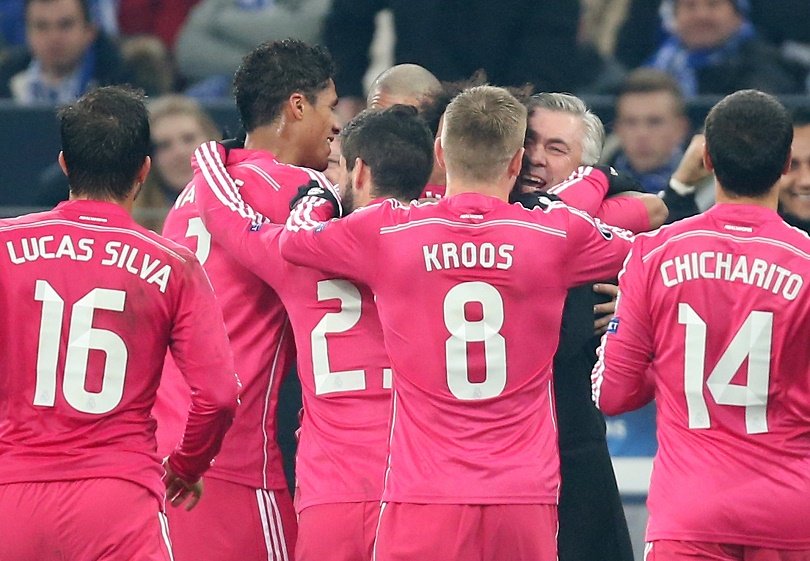
Man for the big occasion
It may not be completely coincidental that Madrid's last win at the Camp Nou came back in April 2012 under José Mourinho, who played Xabi Alonso and Sami Khedira in front of the defence
When Zinédine Zidane replaced Benítez in early January, the style seemed to change. The former Castilla boss promised entertainment, more possession and the permanent presence of the 'BBC' forward trio. He introduced a 4-3-3 anchored by Kroos ahead of Modrić and Isco, with Casemiro dropped. It started off well, but then tougher games came up and Isco and Rodríguez lost form. By March, after Madrid had limped to a 1-1 draw at Málaga and a 1-0 defeat at home to Atlético, Casemiro was reinstated.
And so Benítez had a point all along; Casemiro has now started the last five games – all wins, incidentally. Earlier this week, Madrid sports newspaper Diario AS conducted an online poll asking readers for their preferred Clásico line-ups; the favourited midfield trio turned out to be Modrić (32,890 votes), Kroos (27,849) and Casemiro (27,326). Benched were Rodríguez (7,767) and Isco (6,848).
The lesson is clear and it may not be completely coincidental that Madrid's last win at the Camp Nou came back in April 2012 under José Mourinho, who played Xabi Alonso and Sami Khedira in front of the defence. That was also the year Madrid won their only league title to date since Pérez's second presidential stint began in 2009.
A change of direction?
The pity for Madrid is not only that they have just one proper defensive midfielder, but that he's not better. Casemiro may be industrious and combative, but had Madrid valued such players similarly to their forwards and playmakers, the position would surely have been filled by an operator of higher quality.
The contrast will be great on Saturday, when Barça will field the kind of diligent midfield anchor Madrid should have bought long ago. (Although, in fairness, there's no one quite like Sergio Busquets.)
Pérez has demonstrated his low opinion of gritty ball-winners before, above all when he sold Claude Makélélé to Chelsea in 2003. (Madrid won nothing but a Spanish Super Cup over the next three seasons; in early 2006, Pérez resigned.) It can be argued that a slick possession-based style becomes tricky to pull off with such a player, but there is a middle ground between Makélélé and a player like Kroos, a former attacking midfielder, who showed his true qualities during the international break by hammering home two long shots for Germany.
Casemiro will not solve all of the defensive issues Madrid will have to grapple with on Saturday, and nor would an upgrade. But he does help, a fact that is evidently appreciated by the club’s fans as well as Zidane. One might also say that if you can create some kind of solidity behind the BBC, they’ll always get you a few goals.
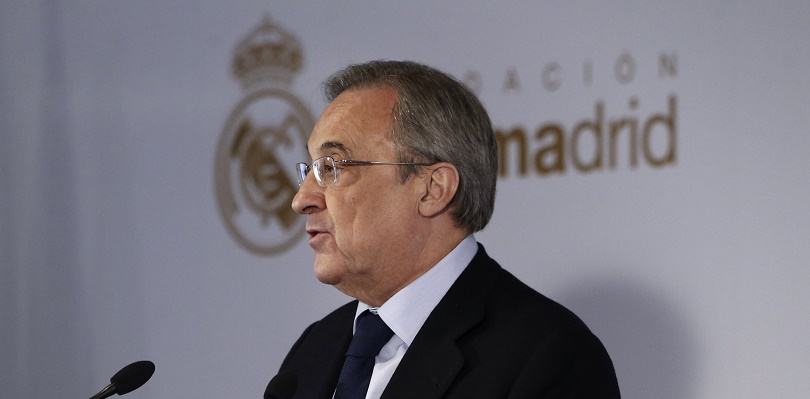
In one sense, another Clásico hammering could lead Pérez to reconsider his vision ahead of the summer transfer window. Then again, don’t hold your breath.
RECOMMENDED
 Join The Club
Join The Club










